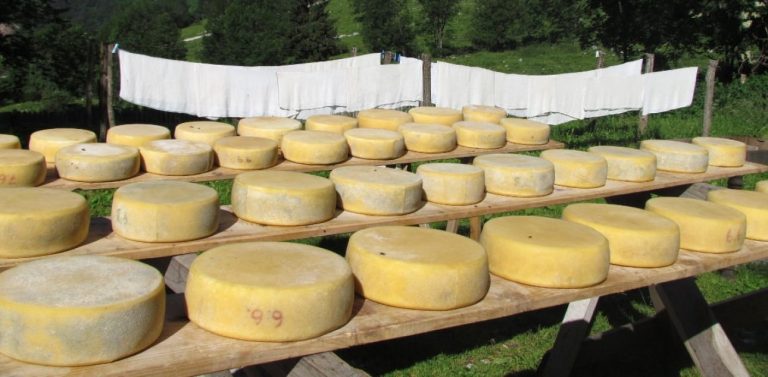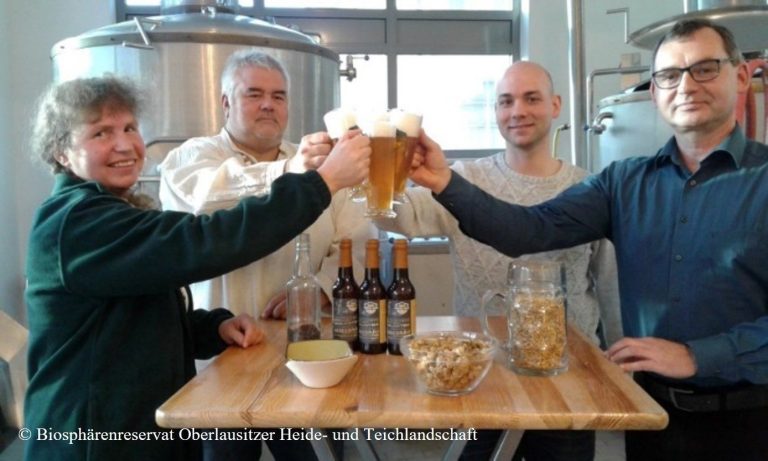About
AgroBioCom: Vocational Qualification on Traditional Landraces
Agrobiodiversity for rural adaptations
Traditional crop varieties and livestock breeds are important elements of biological and genetic diversity in European rural regions. The genetic diversity in food and agriculture is vital for making crops and animal breeds more diverse and better adapted to cope with changing environments and the impacts of climate change.
Decline of traditional landraces
Unfortunately, the cultivation of landraces has dramatically declined across Europe in recent decades. Various global trends contribute to the erosion of genetic resources and the loss of genetic diversity, driven by a range of social, economic, and environmental factors. In particular, the introduction of high-yielding varieties and breeds has resulted in a significant reduction of traditional landraces and their diversity.
Good opportunities for rural actors and communities
Many of the traditional landraces have a long and interesting history and often they are a part of rural cultural heritage. Some of them provide special characteristics in terms of taste, appearance, production or ingredients. Coupled with sustainable valorisation approaches and connected to short supply chains, food tourism and gastronomy, traditional landraces present substantial potential for a nature-positive revitalizing of rural economies, promoting local culinary traditions and strengthening regional identities. First rural entrepreneurs, farmers and regions take advantage of the opportunities to stand out from the competition and differentiate themselves from usual standards of mainstream products.
Integration into vocational qualification
Consumer demand for food with ecological or social added value continues to rise. However, barriers to acceptance remain, especially within the farming and gastronomy sectors, although international organizations and local food movements have paid growing attention to this issue in recent decades. A meaningful step to overcome these challenges is the integration of this topic into vocational qualification and training. With the AgroBioCom project, funded by the European Erasmus+ programme, we want to make relevant contributions to the integration of agrobiodiversity into vocational qualification of agriculture and tourism.
Valorisation of European diversity
With the European transnational partnership approach the project brings together practitioners from different rural regions and qualification systems that bases on distinct cultures and approaches of qualification and cooperation. With the support of this living cultural heritage and its role in regional traditions and identities the project focuses on the common EU value of the diversity of regions and the unity for a common conservation and valorisation under the roof of the European Union.






